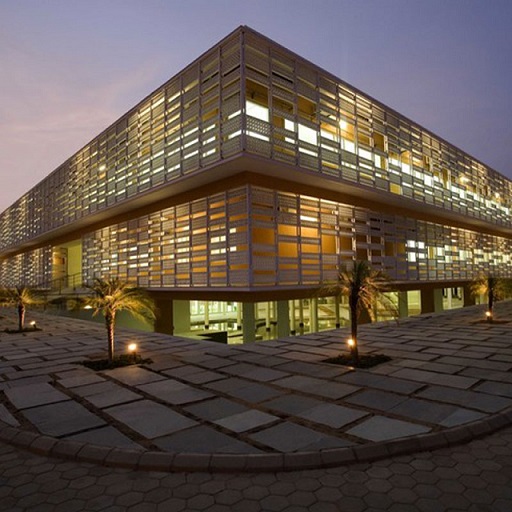“Creating meaning may be the most important leadership task of the future.”
Former Associate Editor at Harvard Business Review, Martha Nichols couldn’t have been more right when she wrote this line in a 1994 issue of the magazine. Close to 26 years have passed since this issue was published and a lot has happened since then.
The business landscape has changed in the last three decades. Many businesses have not evolved when it comes to interacting with their customers, and they’ve suffered. No business can risk ignoring the age of social connectedness. An age-old adage “it’s big that eat the small” has changed to fit the current business landscape. It’s “the fast eat the slow”, now. Kodak and Fuji Film are instances that didn’t adapt and eventually lost out and withered.
Large businesses can’t keep functioning the same old way in the age of the hyper-aware customer. Gone are the days that businesses defined their brands. Now, a brand is the sum of the experiences that a customer has with that company at every single touchpoint.
But there’s now a higher ideal in play – purpose. Merely striving for profit is not enough, not sustainable. Customers want to know how your business makes the world a better place. They want a business they can root for, a business with meaning. And if you want them to become brand loyalists, you have to prove that you’re a business with a purpose. Yes, profit is important, but it has now become a means as well as an end to achieving another end – that is, to fulfil a purpose. Going beyond money and enriching the business with meaning is the essence of the profit-for-purpose business model.
Thinking of large companies turning to the PFaP model, Ford comes to mind. Traditional in every sense, Ford is evolving with the times. They are reinventing themselves to offer mobility as a service. This innovation deals with bringing on subscription models and alternative transportation solutions for commuters. Their services Ford GoBikes and shuttle service Chariot add a larger purpose of reducing congestion in urban areas. Population growth in large cities is going through the roof, which makes these types of mobility experiments more than an attempt by automotive companies to stay relevant, but a necessity. Ford’s transformation is paving the way for the design of tomorrow’s cities.
In more such ways, businesses are adopting this new model, adding more meaning to what they do, and not just meeting the needs of society and environment but also shaping the future. At Pearl Academy’s School of New Age Business, we continually engage in this exercise. Through our forward-looking faculty, futuristic methods and international connect, we are fostering future leaders who will usher the world into a New Age. These businesses will create a future driven by purpose, solving for problems that don’t exist yet, falling in line with the highest ideals of survival, creating meaning.












